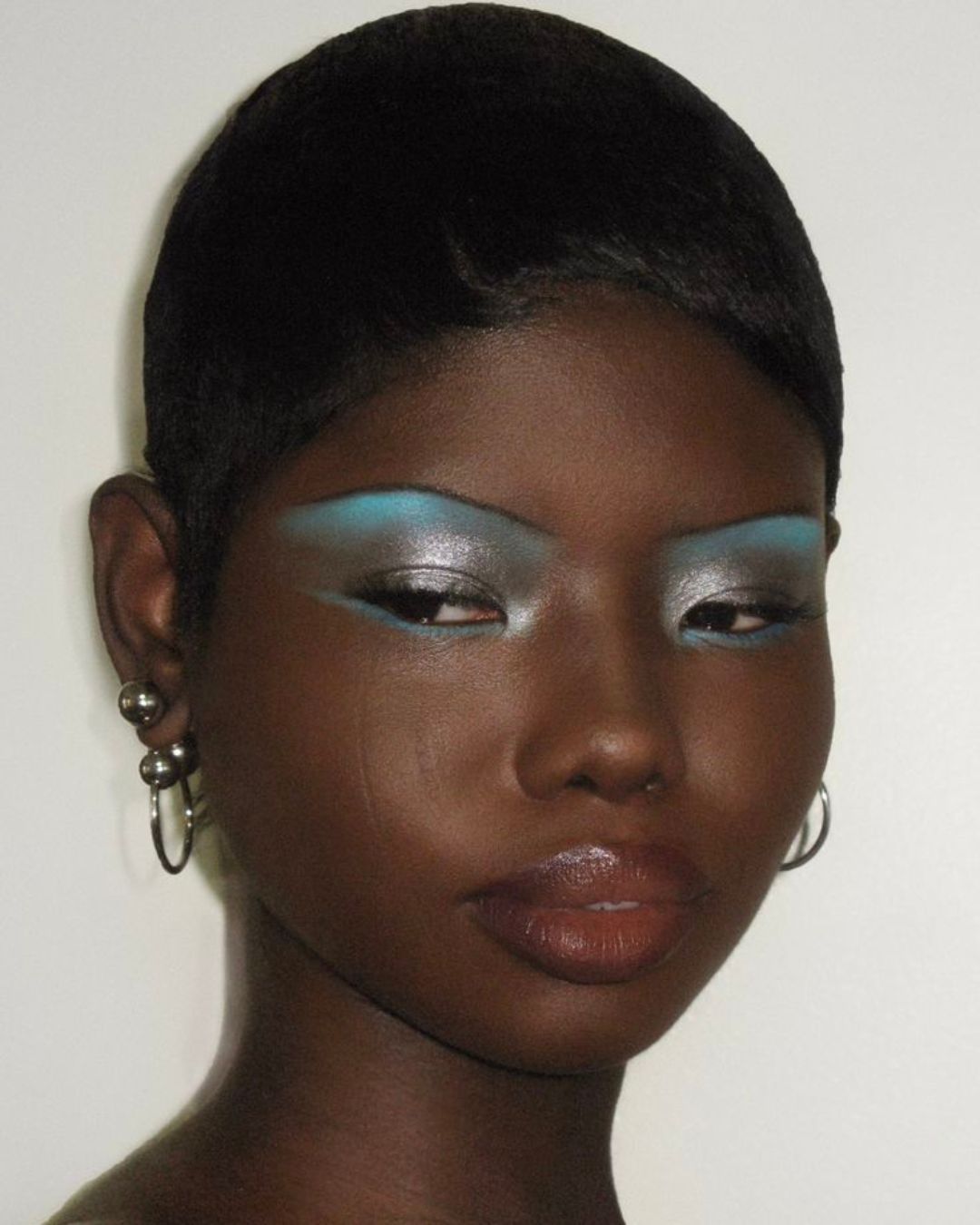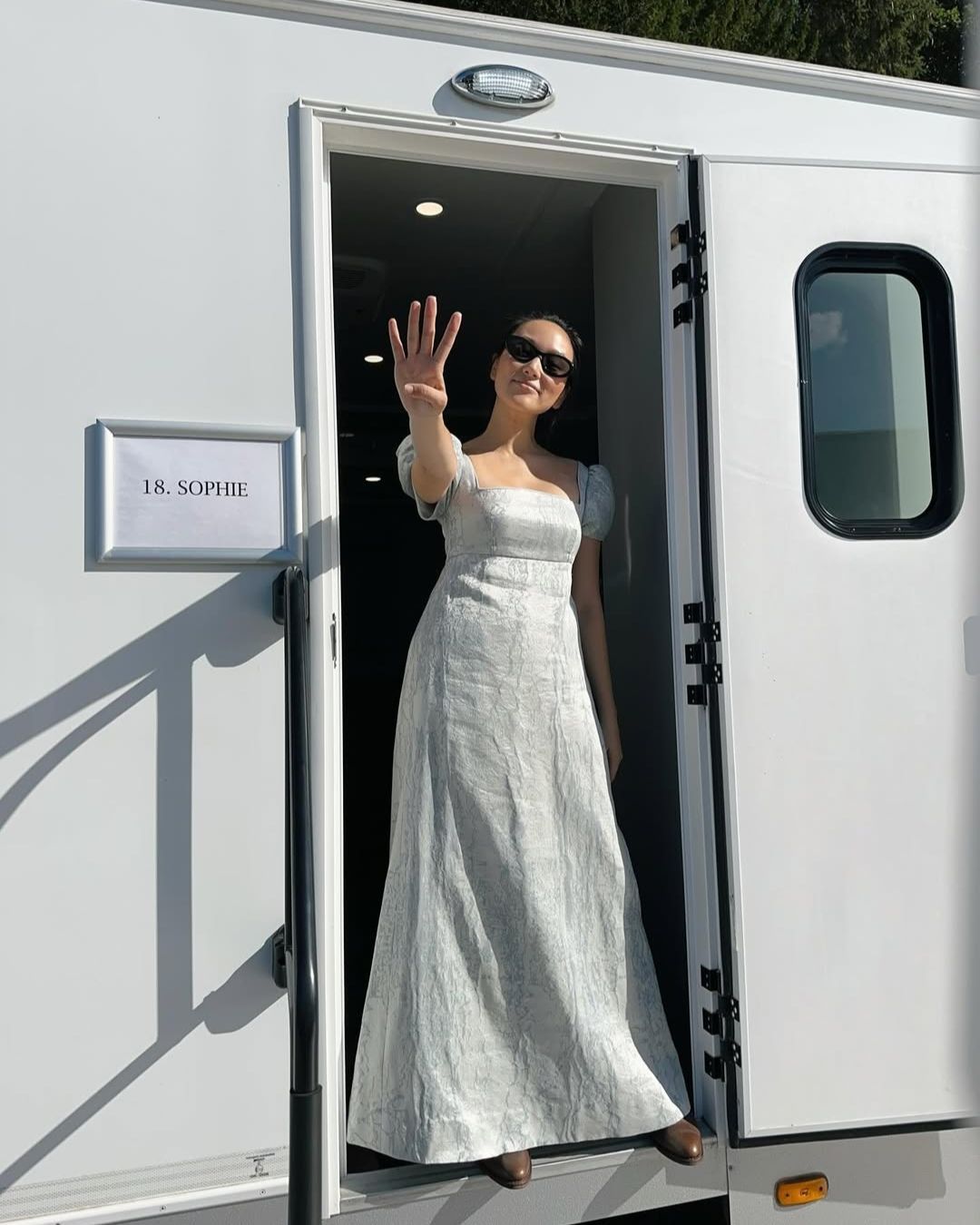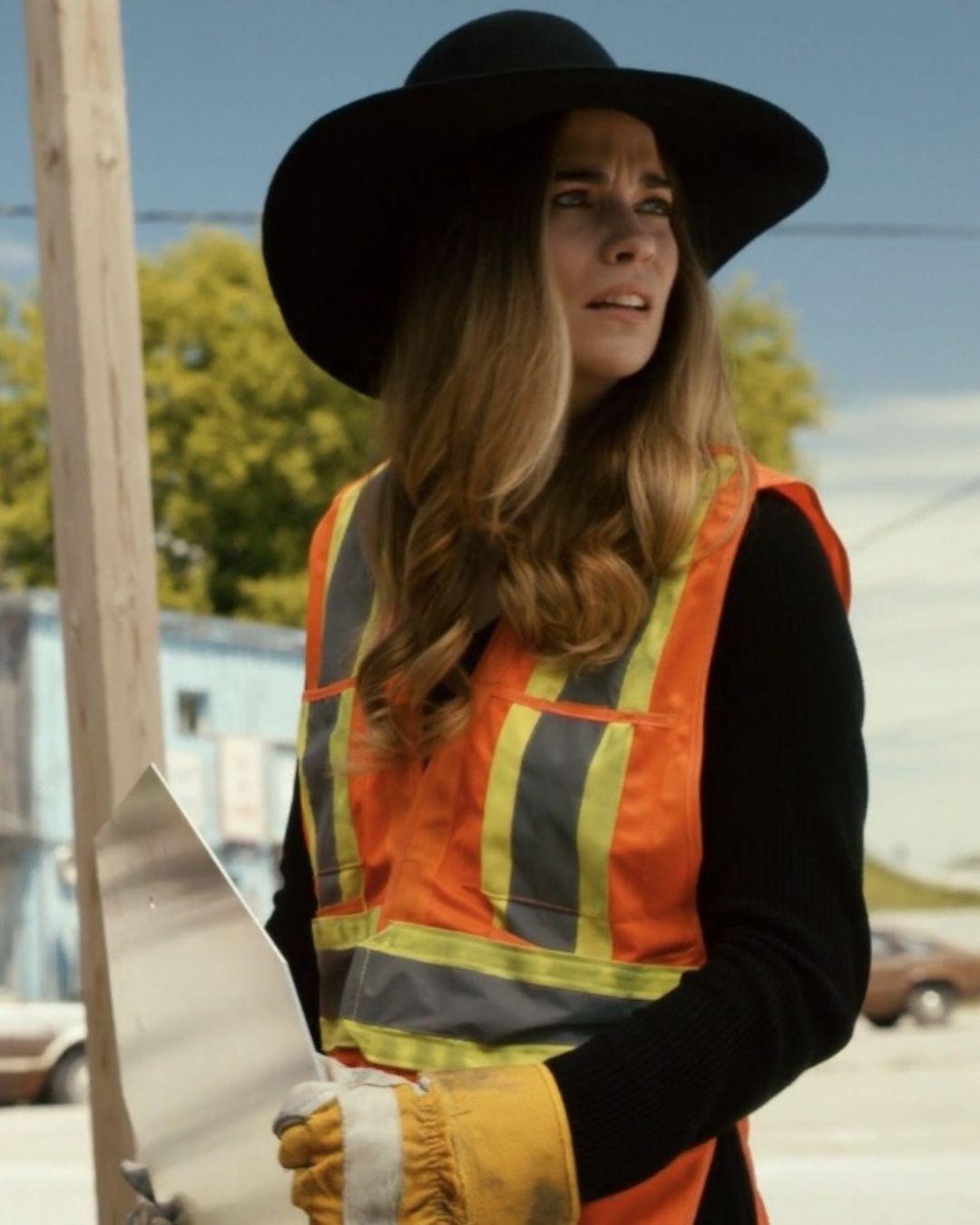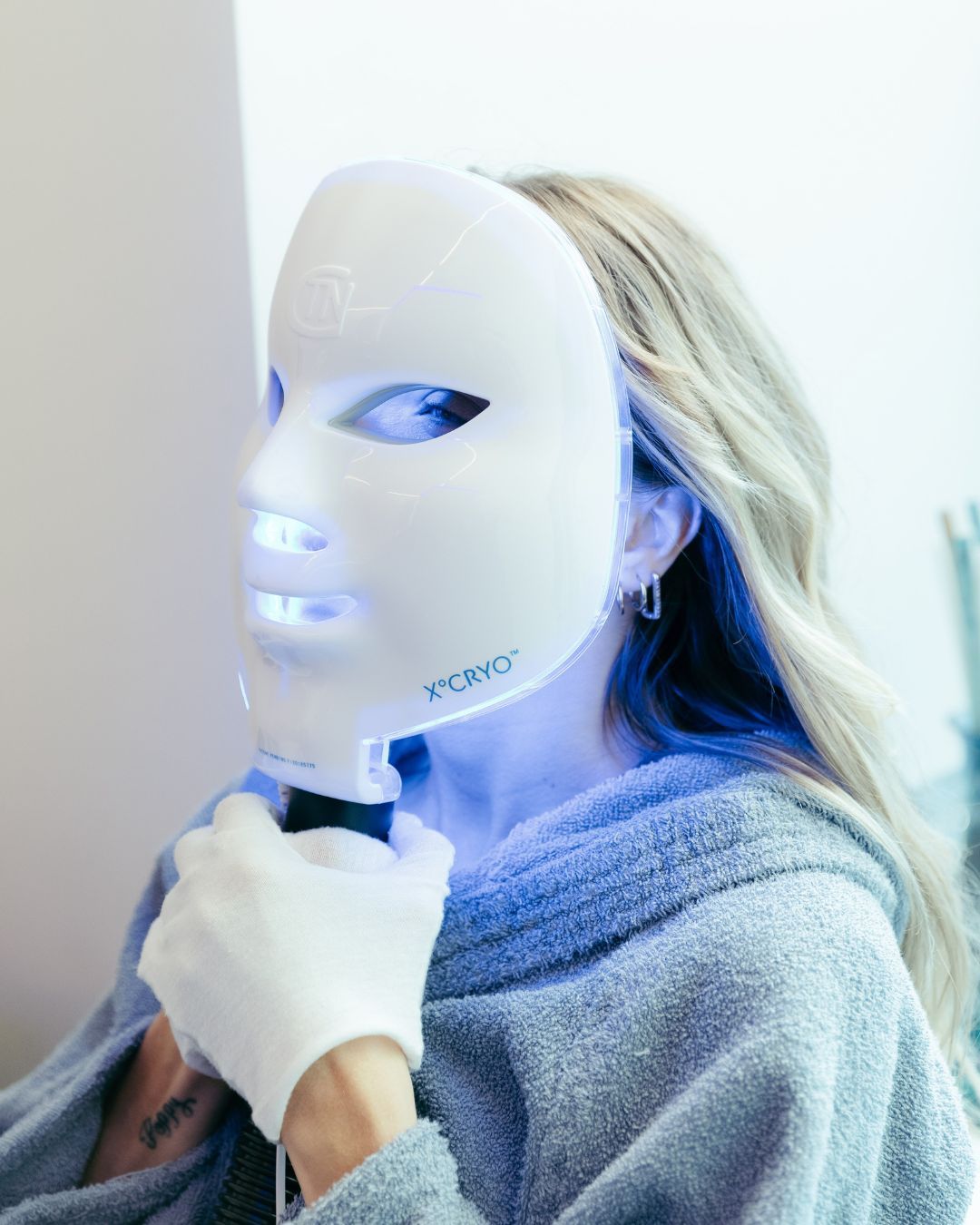
Sleep tourism is the wellness trend of 2024 Sleeping well has become the sole mission of our vacations
The holidays aren't what they used to be. Gone are the days of endless lists of monuments to visit, picturesque views to capture and post on Instagram, exhibitions to explore, shopping marathons, indulging in exotic foods, climbing mountains, and hours lying on the beach to show off the perfect tan. The new trend is sleep tourism, where you pack your pajamas and embark on a quest for lost sleep. Weary and stressed travelers seek experiences to reconnect with themselves, restore their psychophysical balance, and recharge their batteries. They have realized that getting more (and better) sleep strengthens the immune system, regulates metabolism and blood pressure, brightens the skin, improves mood, and cognitive functions. As a result, more hotels and resorts are offering activities and services dedicated to rest, where every detail, from the choice of room materials to wellness treatments, is designed to provide customers with an unforgettable sleep experience.
Sleeping has become a problem
The data doesn't lie: since the Covid-19 pandemic, sleeping has become a problem for many. One of the recent major studies on sleep quality analyzed 716 million nights of sleep from Samsung Health app users and found that sleep quality is declining globally, with the average sleep duration decreasing from 7 hours and 3 minutes to 6 hours and 59 minutes, falling below the National Sleep Foundation's recommended minimum of 7 hours. Italians also spend their nights staring at the ceiling or counting sheep instead of surrendering to the arms of Morpheus. According to the Aims (Italian Sleep Medicine Association), approximately 13.4 million inhabitants of the peninsula suffer from insomnia. According to a 2019 study by the ISS, almost one in three Italians sleeps an insufficient number of hours.
What is sleep tourism
The world sleeps less and poorly. Thus, we do everything possible to relax and switch off our brains. We drink herbal teas, add CBD drops and calming sprays to our beauty routine, turn off electronic devices, buy silk pillowcases, try the power nap, and every other remedy suggested on TikTok. So why not also dedicate time to quality rest with a tailored vacation? From sleepless nights arises sleep tourism, a stay dedicated to restoring travelers' psychophysical well-being, where the sole objective is to regain a good sleep rhythm that allows them to truly rest and establish an effective sleep routine even when they return home.
What to do on a sleep vacation?
Hotels and resorts worldwide have turned a common issue like insomnia into a new travel business model based on a more holistic approach to well-being, aiming to improve sleep through specially designed rooms with unique pillows, sheets, teas, and bath salts, among other amenities. From simple considerations that can make a difference, such as soundproofed rooms and pillow menus to choose the perfect pillow, to meditation sessions with hypnotherapists, aromatherapy sessions, eucalyptus showers, yoga massages, meditation, reflexology, and consultations with specialists and doctors who clinically study guests' sleep patterns to propose personalized solutions to enhance sleep quality.
Hotels to experience sleep tourism worldwide
In the United States, the Park Hyatt in New York has been offering the Bryte Restorative Sleep Suite for about a year. This nearly 280-square-meter suite provides various services to enhance sleep quality, featuring an AI-adaptive bed that adjusts to the body's posture and reaches the ideal temperature during different sleep phases, allowing guests to sleep longer and more deeply, as well as eliminating jet lag. In the United Kingdom, the Cadogan Belmond Hotel in London offers a sleep concierge service developed with a hypnotherapist and sleep expert, including a pillow menu with various options based on sleeping position, a choice of blankets, scented sprays, a goodnight tea, and a meditation session. The Mandarin Oriental in Geneva allows guests to stay in a real sleep clinic in the heart of Switzerland, where a three-day program studies sleep patterns and identifies potential disorders.
Where to experience sleep tourism in Italy
Palazzo di Varignana, a charming historic palace in the hills of Bologna, offers the Deep Sleep Programme, a method developed by the structure's scientific director, Dr. Annamaria Acquaviva. It adopts a holistic approach to wellness, specifically focusing on guests' sleep quality. This includes a Sleep kit, customized meals, spa services, and sleep monitoring devices. At Almar Jesolo Resort & Spa in Lido di Jesolo, there's the Good Night Sleep program, a mix of massages, spa treatments, and Chinese medicine to relieve stress and facilitate a peaceful, restorative sleep. The Preidlhof in South Tyrol is the right place to regenerate and overcome any insomnia issues with Sleep Better, a five-day stay where a team of experts analyzes the guest's sleeping behavior and develops customized treatments, including massages and acupuncture. The Mandarin Oriental in Milan caters to those in need of recovery after a long journey with the Sleep Well Awaken Well treatment. Through stimulation of marma points, lymphatic massage, and the bronze bowl technique, it drains excess fluids, stimulates the immune system, and reactivates blood circulation, preparing for restful sleep.

























































